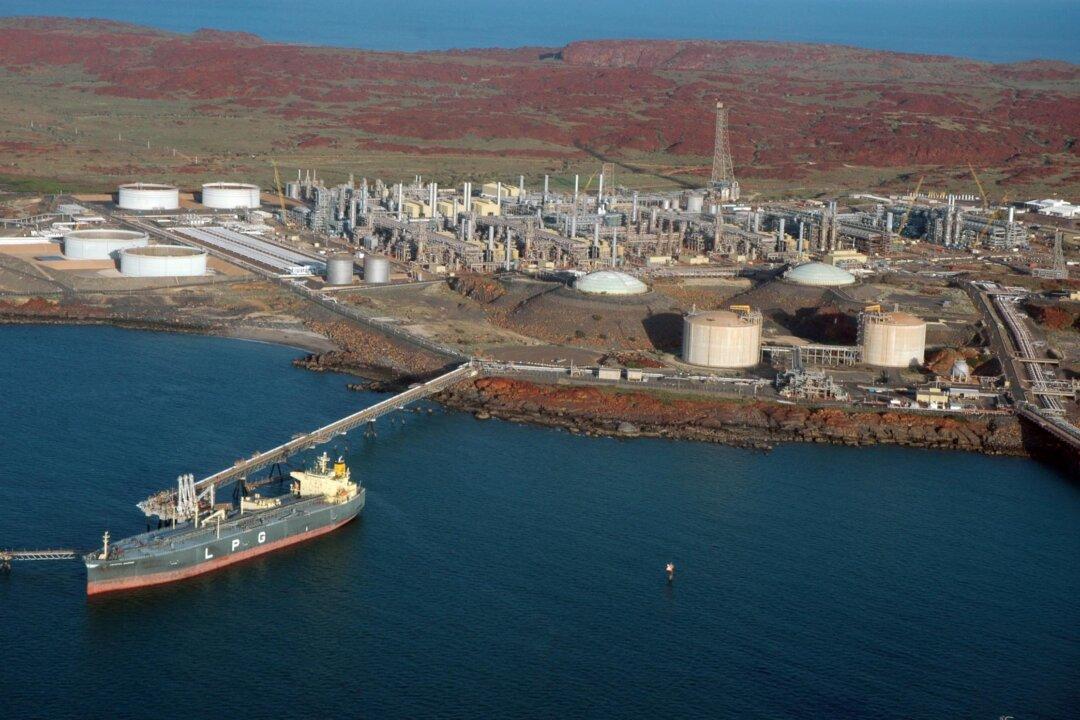South Korea’s business lobby group has warned that the Australian government’s intervention in the gas market will lead to a price hike, the same problem that the government was hoping to solve.
The comment comes after the Labor government revealed on April 26 it was considering extending its controversial price cap on wholesale gas prices until mid-2025.




